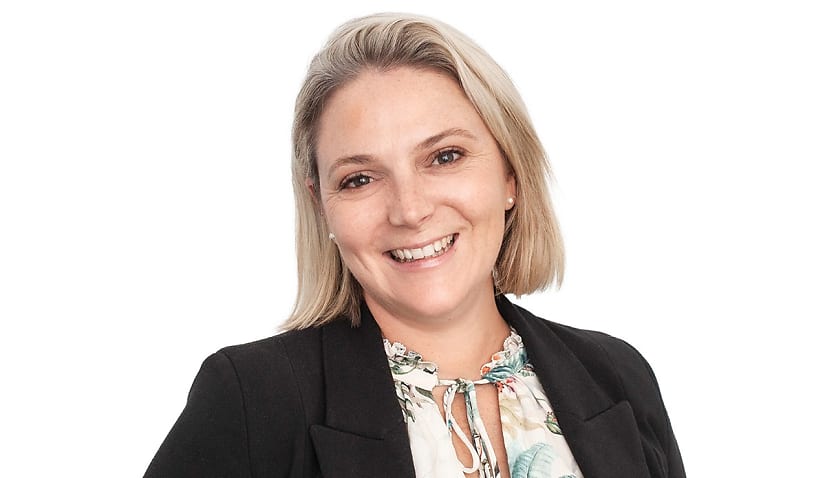Post-pandemic, diversity and equality in the workplace can be a fatiguing conversation. But this people and culture manager advised legal leaders to take small steps to ensure their staff are moving in the right direction.

Jessica Lancashire is the executive manager of people and culture at legalsuper. Speaking recently on The Lawyers Weekly Show, she discussed inequality in workplaces and explained that organisations still have more to do to advance women to leadership roles.
As such, leaders have a responsibility to foster and maintain more collegiate, hospitable, supportive environments so that those women coming through the ranks can flourish, Ms Lancashire stressed.
“I think it is really important as managers and leaders that we’re not perfect, and we are still learning and we’re still trying, but we do have a responsibility as leaders to be able to, I guess, in terms of our team, we’re able to give them opportunities. See things in them that they might not see about themselves and bring those things out, be it male or female. And I think that’s really, really important.
“What COVID did do, I think it did open us up a lot more to that side of each other. We’re going into people’s homes, seeing their kids and their pets, and we were all experiencing things differently. [COVID] created an opportunity for more vulnerable conversations. And those vulnerable conversations are so critical on so many levels, but certainly as leaders and being an example of that, if you are struggling, you can call it out and have a chat about it and work together on that,” she explained.
“Because knowing that you’ve got that support rather than something that I think in the older days it was like you just grin and bear it and you keep going. And at the end of the day, now more than ever, our home and work life are merged, physically as well. We do need to be mindful that they are dependent variables, and they impact on each other heavily. Then at the same time, at the end of the day, we’ve got jobs to do and, as leaders being able to refocus and keep people moving in the right direction.”
Through COVID-19, in order to help future legal leaders and younger women in law flourish, legalsuper implemented a number of different strategies.
“One that we had in place during COVID and we’ve continued is having these buddy calls so that you’re not talking about work, you’re actually just connecting with other colleagues because you’re not having those water cooler conversations,” Ms Lancashire added.
“And often in a work environment, it’s that pressure. This is an opportunity to just talk socially. But yeah, we do need to think outside the box constantly, creating environments and opportunities for people.”
However, coming out of the pandemic, there’s also been extreme fatigue around conversations like this, which Ms Lancashire said can be overcome by improving organisational culture and respect.
“It is such a huge issue that some people don’t even know where to start. And for me, it’s starting in the small things with what’s in front of you? What can we deal with right here, right now? And I think part of that is around, yes, it’s around for me, I think number one is awareness. Cultural and diversity, there’s actual culture, gender, all these different issues that are just getting more and more attention that people go, ‘Oh, it’s just too big, where do we start?’,” she said.
“It is around just starting with what’s in front of you, starting with the people that you have in your team and being aware and having, I think a big thing is around awareness training, being aware of those unconscious biases that might just be sitting there and unintentionally impacting people’s decisions and actions and those sorts of things.
“And I think personalising it; otherwise, it can become a tick-the-box exercise, and to me then, that becomes quite meaningless. I think the more meaning that you can bring to individuals and why it betters the team and why it betters results and all those things from all of those different areas of diversity ... The inclusion is so critical. That’s the perspective that I’d come from.”
The transcript of this podcast episode was slightly edited for publishing purposes. To listen to the full conversation with Jessica Lancashire, click below: